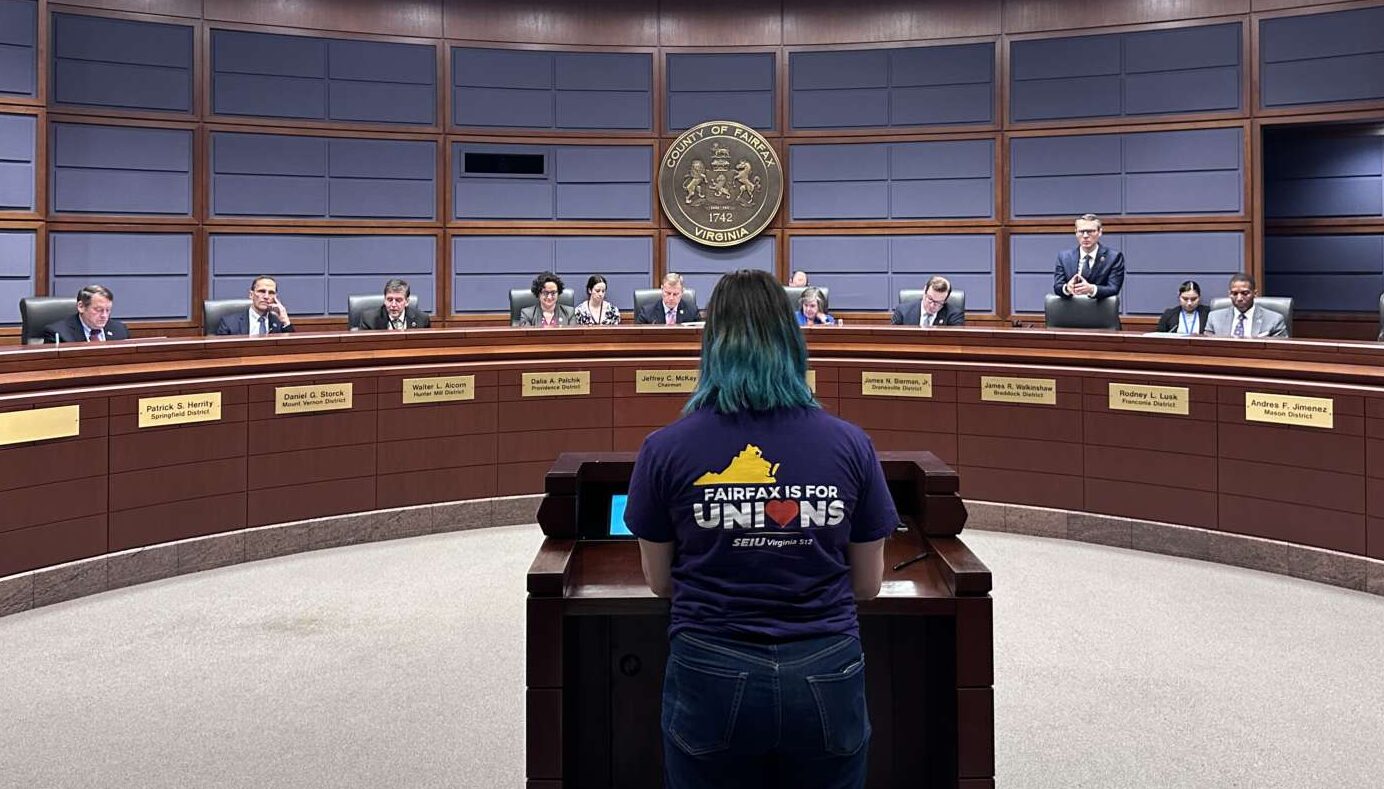This is a sponsored column by attorneys John Berry and Kimberly Berry of Berry & Berry, PLLC, an employment and labor law firm located in Plaza America that specializes in federal employee, security clearance, retirement, and private sector employee matters.
We are seeing the start of what may be a nationwide trend after Massachusetts recently became the first state to ban employers from asking job applicants about their salaries during the job interview process.
The bipartisan legislation that was signed into law in early August requires an employer to state a position’s compensation upfront based on what the job applicant is worth to the employer as opposed to what the job applicant made in his or her previous employment position.
Now other legislators are working at the Congressional level, as well as at the state level, to use this law as a model to create similar legislation. On Sept. 14, 2016, a bill was introduced in Congress by Washington, D.C. Representative Eleanor Homes Norton (D) and fellow Democratic Representatives Rosa DeLauro from Connecticut and Jerrold Nadler from New York.
Under the Pay Equity for All Act of 2016 (H.R. 6030), an employer could be subject to a fine of up to $10,000 if it asks questions about an applicant’s salary history. Employers could also be liable to employees or prospective employees for special damages up to $10,000, in addition to attorneys’ fees.
There has already been an effort, although not entirely successful, to strengthen equal pay laws. However, there is hope that a bill prohibiting employers from asking about salary history before making a job offer will help to eliminate the wage gap that women and people of color often encounter.
A news release announcing the bill indicated that while many employers may not intend to discriminate based on gender, race, or ethnicity, asking for previous salary information prior to offering employment to a job applicant can have a discriminatory effect in the workplace.
Holmes Norton’s office also indicated: “Because many employers set wages based on an applicant’s previous salary, workers from historically disadvantaged groups often start out behind their white male counterparts in salary negotiations and never catch up.” Other states have created or are creating similar legislation, such as New York and California.
There is a prevailing belief that many factors should be considered when establishing a salary for a certain employment position, such as position duties and responsibilities, past experience, educational requirements, industry and market standards and practice.
As such, this bill and other similar efforts aim to eliminate the wage gap and discrimination that may intentionally or unintentionally exist when an applicant’s previous salary is the sole or main method for establishing that applicant’s starting compensation.
If you need assistance with an employment matter, please contact our office at (703) 668-0070 or at www.berrylegal.com to schedule a consultation. Please also visit and like us on Facebook at www.facebook.com/BerryBerryPllc.






